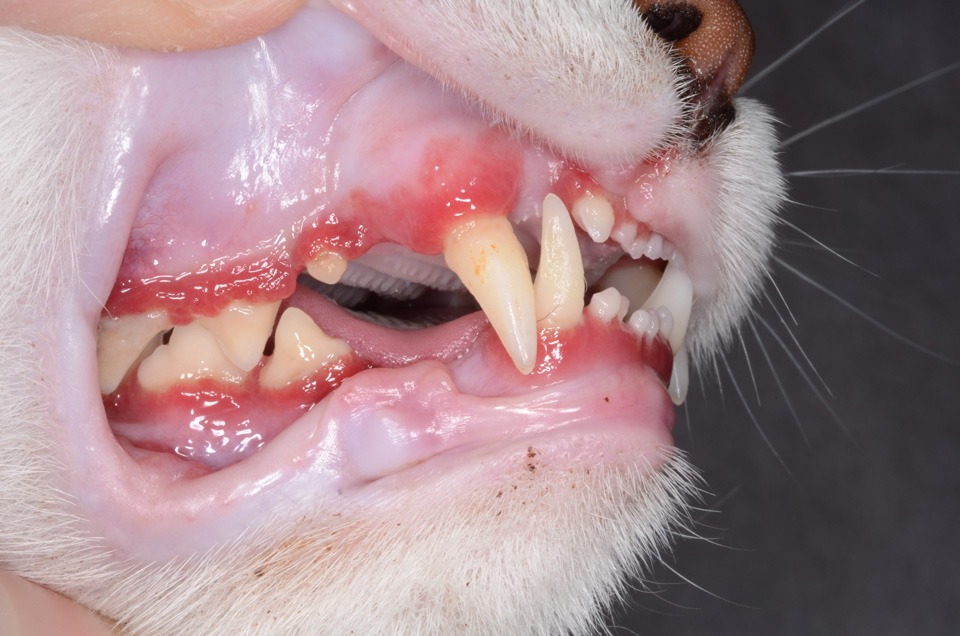CALICIVIRUS IN CATS
Description
Feline calicivirus is a viral disease that affects cats and is typical in street cats. It belongs to the Caliciviridae family and is one of the main causes of respiratory and oropharyngeal diseases in cats.
Symptoms
Feline calicivirus symptoms can range from mild to severe and may include: Frequent sneezing. Runny nose. Conjunctivitis. Ulcers in the mouth and tongue. Lameness (due to inflammation of the joints). loss of appetite Lethargy. Nasopharyngeal polyps.
When to consult
If you suspect that your cat may be infected with feline calicivirus, it is advisable to take it to a veterinarian to obtain an accurate diagnosis and receive the appropriate treatment.
Causes
The virus is transmitted primarily by direct contact between cats, through saliva, nasal and eye secretions, and can also survive in the environment for short periods. Infected cats can shed the virus in their respiratory secretions for several weeks, even after clinical signs have disappeared.
complications
In severe cases, feline calicivirus can cause pneumonia and systemic illness. Young cats, older cats, and those with weakened immune systems are more susceptible to developing serious complications.
Diagnosis
Diagnosis of feline calicivirus is based on clinical signs, the cat's medical history, and can be confirmed by laboratory tests, such as detection of the virus in samples of respiratory secretions.
Treatment
There is no specific treatment for feline calicivirus, so the focus is on managing the cat's symptoms. Medications may be given to relieve nasal congestion, treat canker sores, control pain, and others to boost your immune system. In severe cases, hospitalization and supportive treatment, such as intravenous fluid administration, may be necessary. Prevention is important to control the spread of feline calicivirus. Vaccination is a key measure to protect cats against this disease. The calicivirus vaccine is usually included in combination vaccines for cats, such as the feline trivalent vaccine (FVRCP), which also protects against feline herpesvirus and feline panleukopenia virus.

